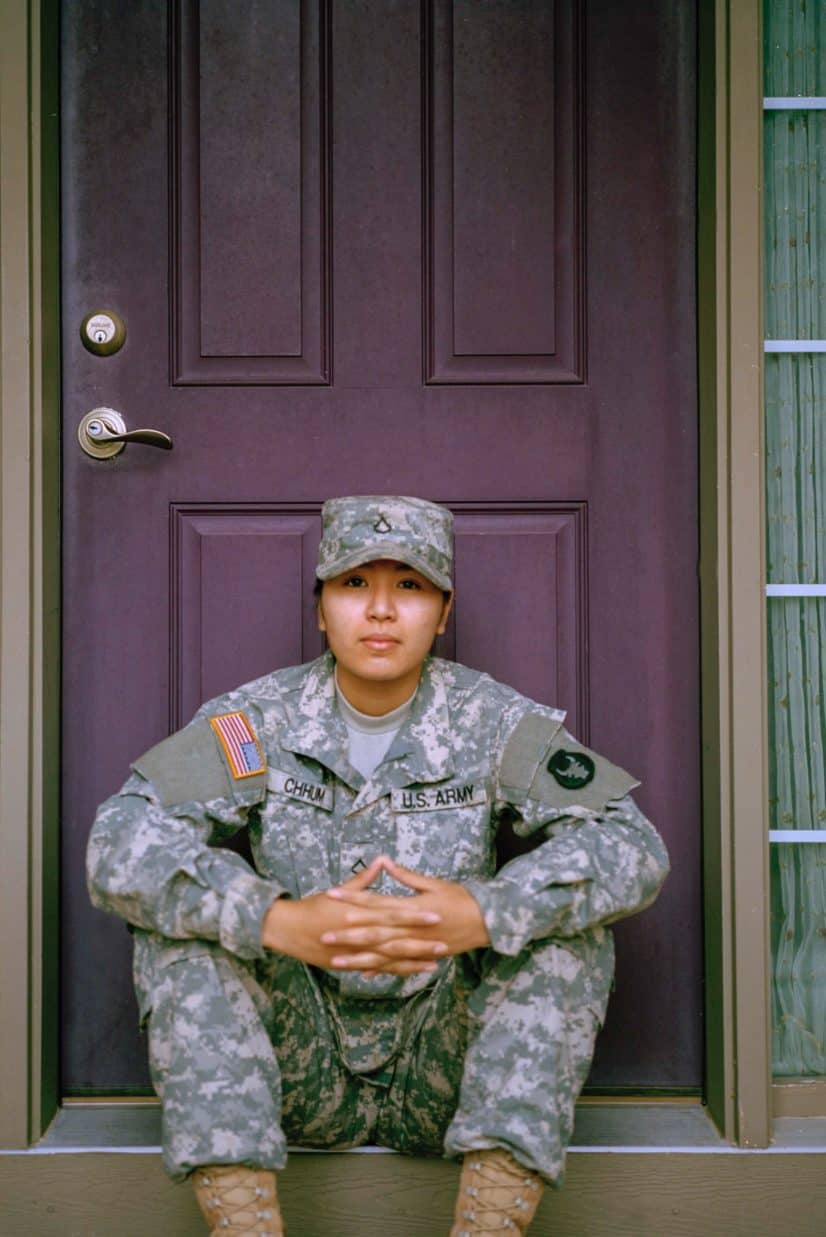There are many local veteran organizations in each state. There are large ones, and there are others that are smaller, but create just as much value for our veterans.
As Bren Briggs, a veteran and founder of The Eden Project says: “No one knows veterans like other veterans. This is why the power of a peer-to-peer program is so effective. We can see through the bull, but we also can empathize like no other group can. Vets will open up (leading to healing) with other vets, where they won’t open up because they (we) often feel, others have no way to understand what we experienced.”
Today, I want to share what it is like as a Professional Counselor who works with veteran organizations. As a counselor, I must remember when working with a veteran organization that I serve a specific role: mental health.
Having a veteran organization that supports mental health work, and wants to collaborate care, is very important for anyone’s health. When someone goes to their primary care physician for help, and then their physician makes a referral to a specialist, having a great relationship between the two physicians is very important in the care of the patient. The same goes with veteran organizations and the Professional Counselor relationship. I spend just as much time consulting on cases with the veteran organizations as I do with Psychiatrists or other medical doctors of clients that we are working with.
It is important for Professional Counselors to remember that our clients have a difficult time sharing active duty or deployment missions. Earning the trust of clients is essential in the care of every client; however, earning trust in a veteran client is especially important. According to one of the leaders in trauma counseling:
“After a traumatic experience, the human system of self-preservation seems to go onto permanent alert, as if the danger might return at any moment.”
― Judith Lewis Herman, Trauma and Recovery: The Aftermath of Violence – From Domestic Abuse to Political Terror
As a result of many experiences on deployments or training exercises, our veterans are cautious to share their experiences with their counselor, and for very good reason. Often, these soldiers wonder if the deployment encounter will become real again (commonly known as a flashback, or reenactment).
Having a peer-to-peer veteran group, where sharing experiences with others is encouraged, is one of the most helpful parts of collaborating care of clients. Often, clients report “you won’t ‘get it’ if I were to tell you.” However, after sharing with a peer, clients realize the power of “re-telling” their story in the counseling process.
If you are a veteran peer-to-peer organization, and you value collaboration in the care of your veterans, please reach out to us. We would be happy to help you, and those whom you serve. If you are a veteran looking for peer support, we would be honored to help you connect with veteran organizations that we trust our clients with for support.
Written by: Adam Glendye

